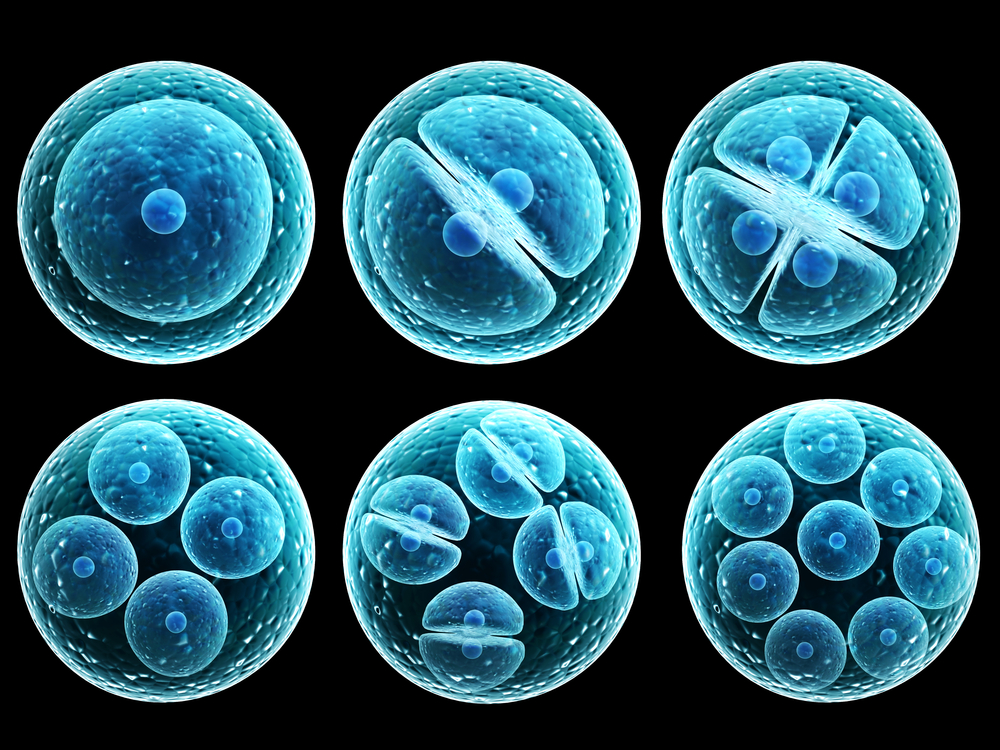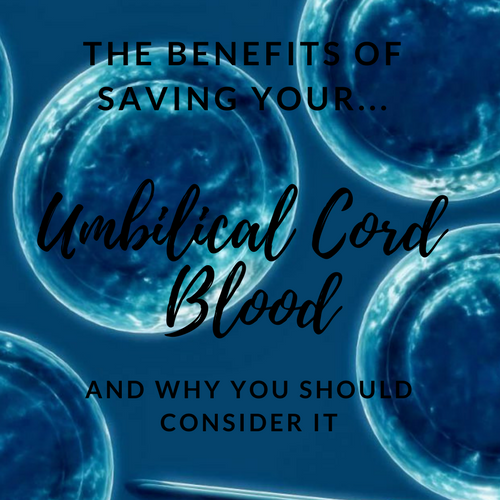Have you ever considered stem cell storage
T he umbilical cord takes the nutrients and oxygen from the placenta and passes through the cord to your growing baby. It’s made up of one vein and two arteries. After you give birth the cord is clamped, cut and then destroyed.
he umbilical cord takes the nutrients and oxygen from the placenta and passes through the cord to your growing baby. It’s made up of one vein and two arteries. After you give birth the cord is clamped, cut and then destroyed.
However, the blood in the placenta and the umbilical cord has a great number of stem cells. Stem cells are special because they help the blood, the immune system and body cells to maintain and repair themselves. Stem cells develop in blood wherever they are needed in the body and you can treat many serious conditions with cord blood including:
Conditions Treatable With Cord Blood
- Cancers of the Blood like Lymphoma and Leukaemia

- Bone Marrow Deficiency
- Loss of Immunity
- Metabolic Disorders
This means that if your child, and sometimes a sibling becomes ill you can treat your child with cord blood if you have it frozen. According to the World Health Organisation over 50,000 stem cell transplants are carried out throughout the world.
If you choose to have your cord blood frozen privately, you should make arrangements with a stem cell storage company. They will ask you to do some paperwork and then they’ll normally send you a box. This is used to store the umbilical cord once you’ve given birth. A Phlebotomist (a person trained to take blood) will come to the hospital. You text the company when you’re in labour and they will send this person who will extract the stem cells from the cord and have it sent by courier service to their laboratory. It will then be frozen and stored.
Private Stem Cell Storage & Freezing
You pay the company around £1,500 for the service and then a yearly fee to keep the blood stored.  You will normally have a contract with the company for between 25 and 30 years with the option to extend the period after that time. Make sure when you look for stem cell storage you pick a company that is licensed by the Human Tissue Authority (HTA). They regulate companies that deal with human tissues and organs. So if the company goes out of business they are obliged to pass on your stored blood to another company registered with HTA.
You will normally have a contract with the company for between 25 and 30 years with the option to extend the period after that time. Make sure when you look for stem cell storage you pick a company that is licensed by the Human Tissue Authority (HTA). They regulate companies that deal with human tissues and organs. So if the company goes out of business they are obliged to pass on your stored blood to another company registered with HTA.
If you don’t have the budget to store cord blood privately you can donate it to the NHS. They have been collecting and storing blood since 1998 and it is the fourth largest blood bank in the world. At present they have around 16,000 blood units stored which can be used for stem cell transplants. 
They don’t charge for collection or storage. However, they don’t keep the blood for individual families, the stem cells stored by the National Health. Then all stem cells are available to anyone who needs them. If your child should fall ill and need a stem cell transplant, then they will search the bank for a correct match. It could be that your donation is found. However it could have already been given to someone else.
Even if you’re not interested yourself in stem cell storage. Your donation to the NHS does mean that you could help to save someone’s life.
